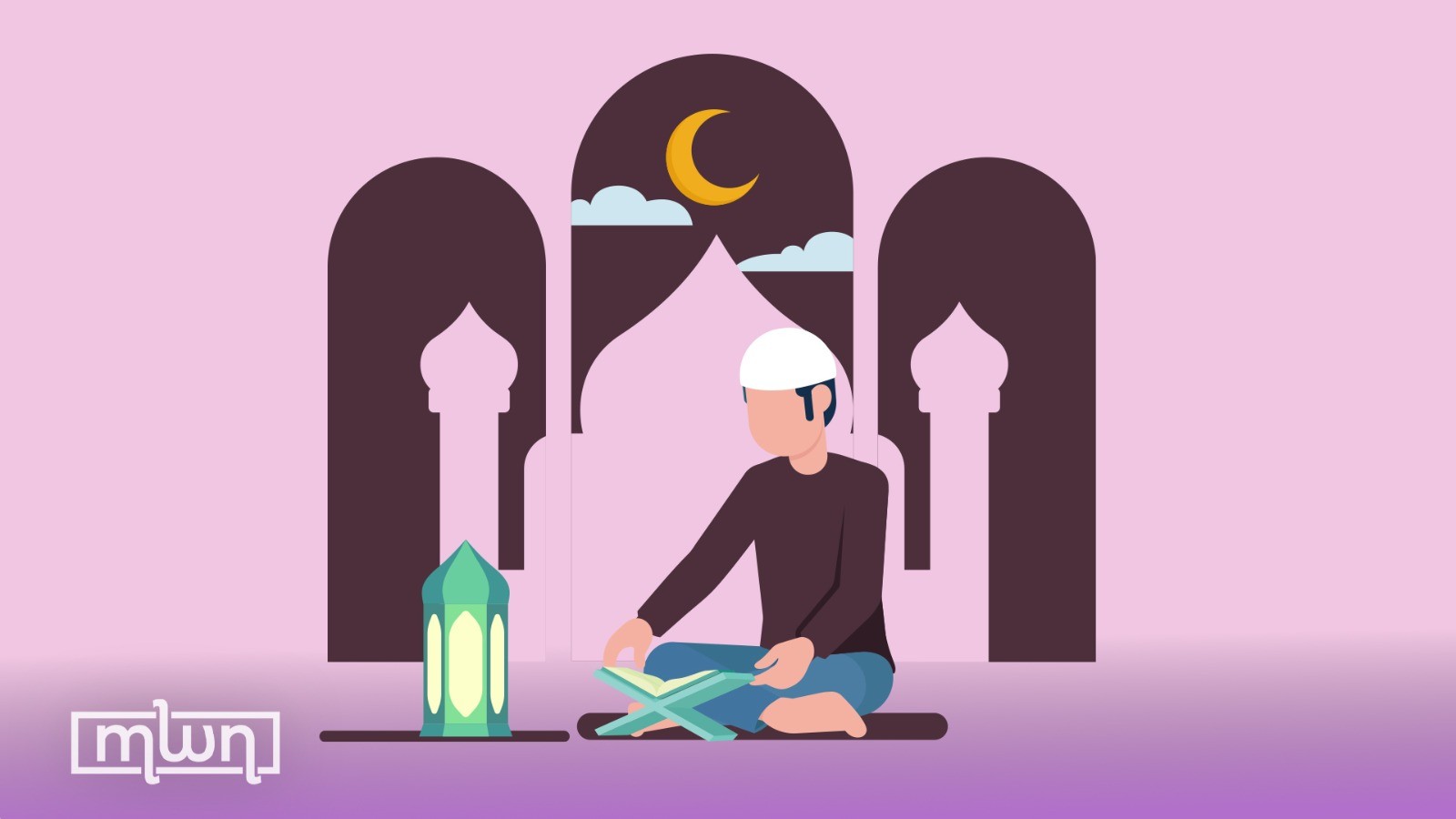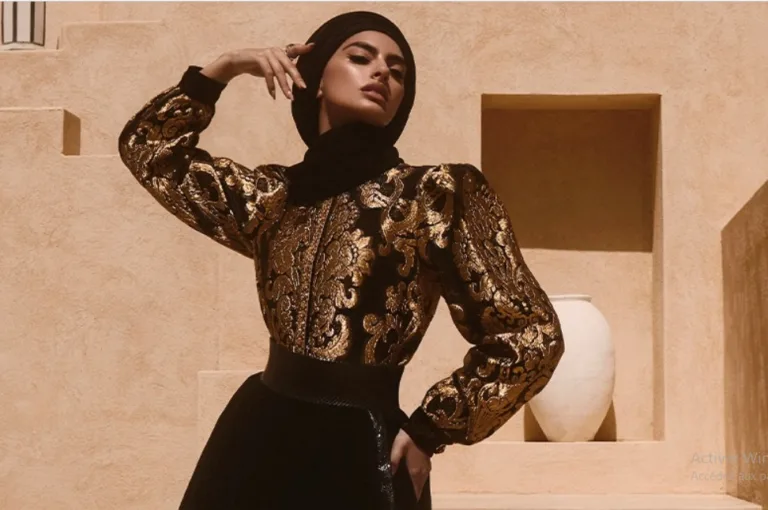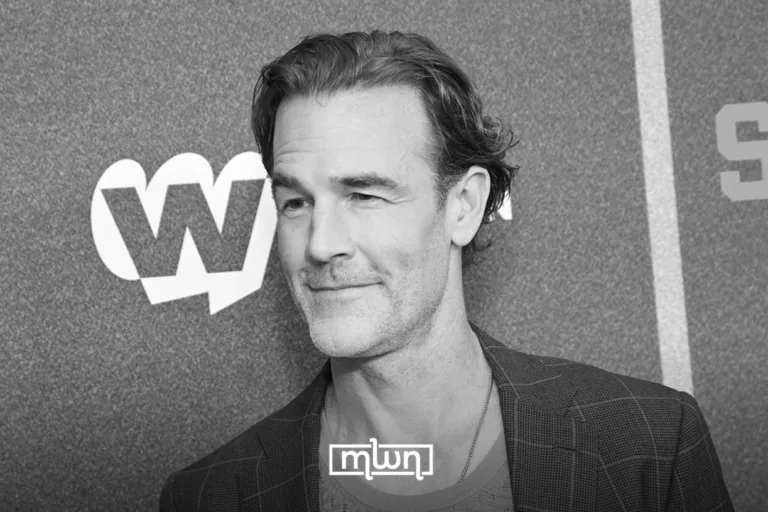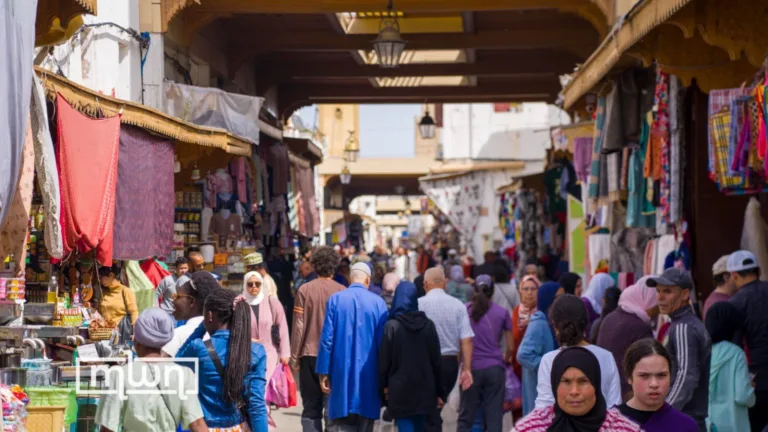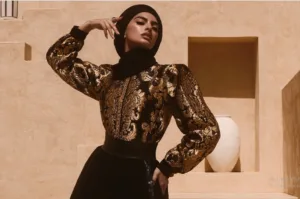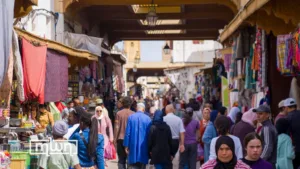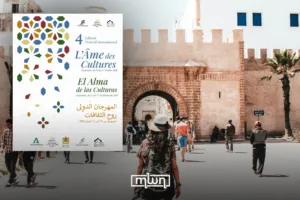Rabat – Ramadan. For Muslims, this Holy Month is much more than simply giving up food and liquids throughout the day. It’s a complete metamorphosis that affects every facet of our lives, from the mundane to the spiritual.
Fasting and Feasting
From suhur, or the pre-dawn meal, to the evening feast of iftar, our culinary adventure adopts a new cadence.
The change in sleep patterns during Ramadan is one obvious change.
With the suhur meal typically consumed before dawn, many individuals adjust their sleep schedules to wake up earlier than usual, creating a unique rhythm of nocturnal activity and daytime rest.
Imagine your alarm clock going off early in the morning, but instead of pressing snooze, you’re fully awake, anticipating suhur.
You wake up to the soft call of the muezzin echoing through the neighborhood.
It’s like a secret breakfast club, where you get your spiritual and physical sustenance for the day ahead, and it’s about strengthening your faith and getting ready for the challenges ahead.
The city, in every Muslim country, takes on a completely new life. The speed of life slows down, social commitments are postponed, and work schedules change.
Ramadan catalyzes reevaluating productivity and time management.
It involves more than simply giving up food and liquids; it also entails developing self-control, patience, and compassion for others who are less fortunate.
A greater feeling of discipline and focus is fostered by fasting, which encourages people to give priority to the things and activities that are in keeping with their spiritual objectives.
Shifting
That’s not all that Ramadan is about; it’s also about community.
Ramadan has an impact on societal dynamics as well, especially in areas where Muslims predominate.
Mosques become the hottest spots in town, hosting nightly prayers and spiritual gatherings that rival any red-carpet event.
The streets come alive with the spirit of the evening Taraweeh prayers and the busy bazaars that sell a wide variety of Iftar delights.
Ramadan is a time for festivity as well.
Families and friends gather to break their fast with a feast fit for a king or queen as the sun sets. With every mouthwatering dish that is more luxurious than the previous, the table groans under its weight.
However, it’s not only about treating yourself; it’s also about being thankful for the love of our families, the food on our plates, and the roof over our heads.
Ramadan is all about tuning in to our well-being in a whole new way, rather than just fasting.
Many people choose to add a sprinkle of mindfulness to their daily routines, giving their health regimens a makeover at this special time.
It’s all about treating ourselves with a little more care, whether that means prioritizing water, enjoying every food with greater appreciation, or getting the body moving with some feel-good exercises.
It’s like a remix of wellness, where every mindful bite, every stretch, and every sip of water adds up to feel-good vibes.
A surge of creativity and innovation is sparked by Ramadan, especially in the culinary arts.
Chefs, including women and mothers, tinker with classic dishes, giving them new tastes and twists.
Social media platforms buzz with food bloggers sharing their delicious recipes and images, igniting a global discussion about Ramadan feasting.
As we navigate its timeless journey, we emerge not merely changed, but enriched, empowered, and inspired to embrace the boundless possibilities that lie ahead.
As we conclude this journey through Ramadan, it’s clear: we’ve bid farewell to our old habits, our old routines, and our old ways of thinking.

